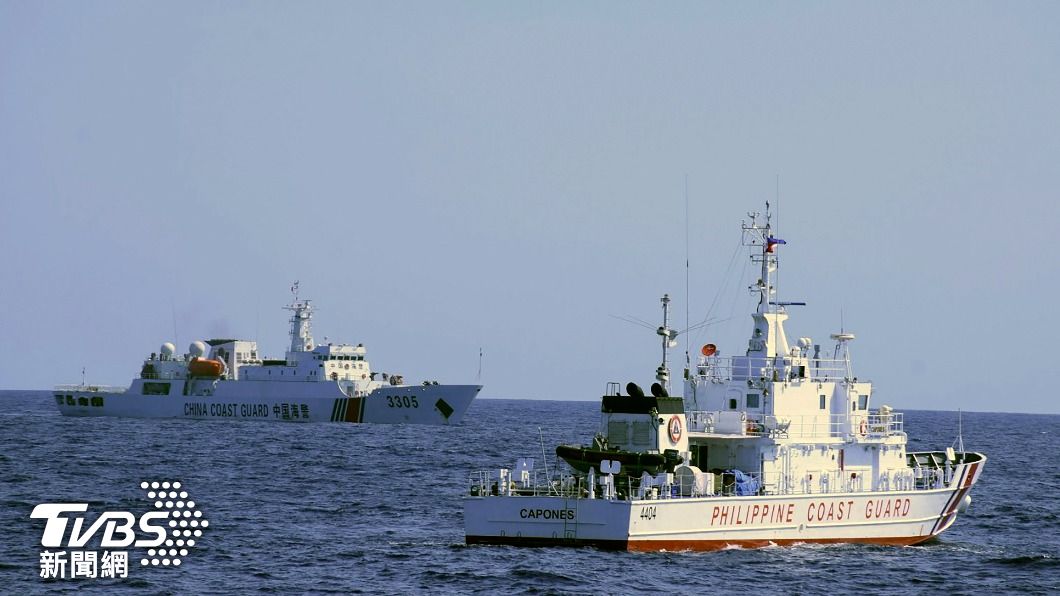TAIPEI (TVBS News) — Recent events in the South China Sea have escalated tensions following a confrontation between Chinese and Philippine vessels. Last Friday (Nov. 10), the Chinese Coast Guard (CCG) reportedly used high-pressure water cannons against Philippine boats near Ayungin Shoal, a submerged reef in the Spratly Islands.
The Philippines subsequently accused China of deploying 38 ships around the reef and strongly condemned the CCG's actions as "indisputably dangerous and threatening." Tensions are also rising in the Taiwan Strait, with increasing instances of Chinese intrusions and hostile rhetoric toward Taiwan.
A recent exchange between Taiwan's Coast Guard Administration (CGA) and a Chinese cargo ship highlighted this, with China's central authorities challenging Taiwan's sovereignty in a radiophone call.
During the call, Chinese representatives were quoted as saying, "Is Taiwan a country? It's clearly a province, but you insist on it being a country."
Experts suggest that China's actions in the South China Sea are part of a broader strategy to assert control over Taiwan, engaging in lawfare and gray-zone conflicts.
Deputy researcher Lee Chun-yee from the Institute for Defense and National Research (IDNR) noted that the escalating maritime security conflicts could impact U.S. President Joe Biden's approach in the upcoming meeting with Chinese President Xi Jinping.
Lee suggested that Biden might adopt a more conciliatory stance to achieve favorable outcomes.
Meanwhile, scholars pointed out that China's persistent provocations in the East China Sea and disruptions to cross-strait peace indicate Taiwan is increasingly caught in a high-stakes geopolitical conflict. This tension, heightened by U.S.-China trade relations, places the international community on alert.











